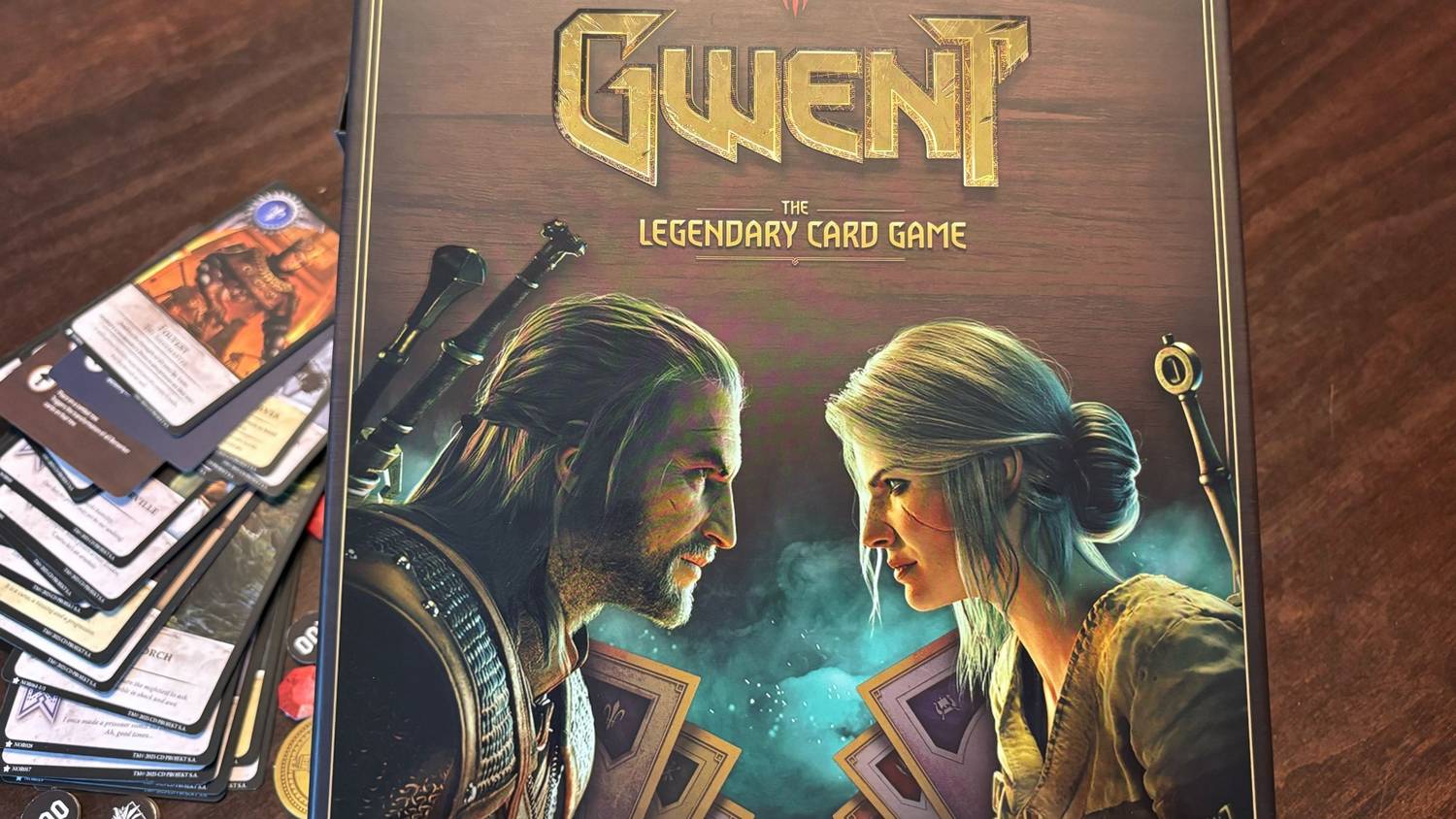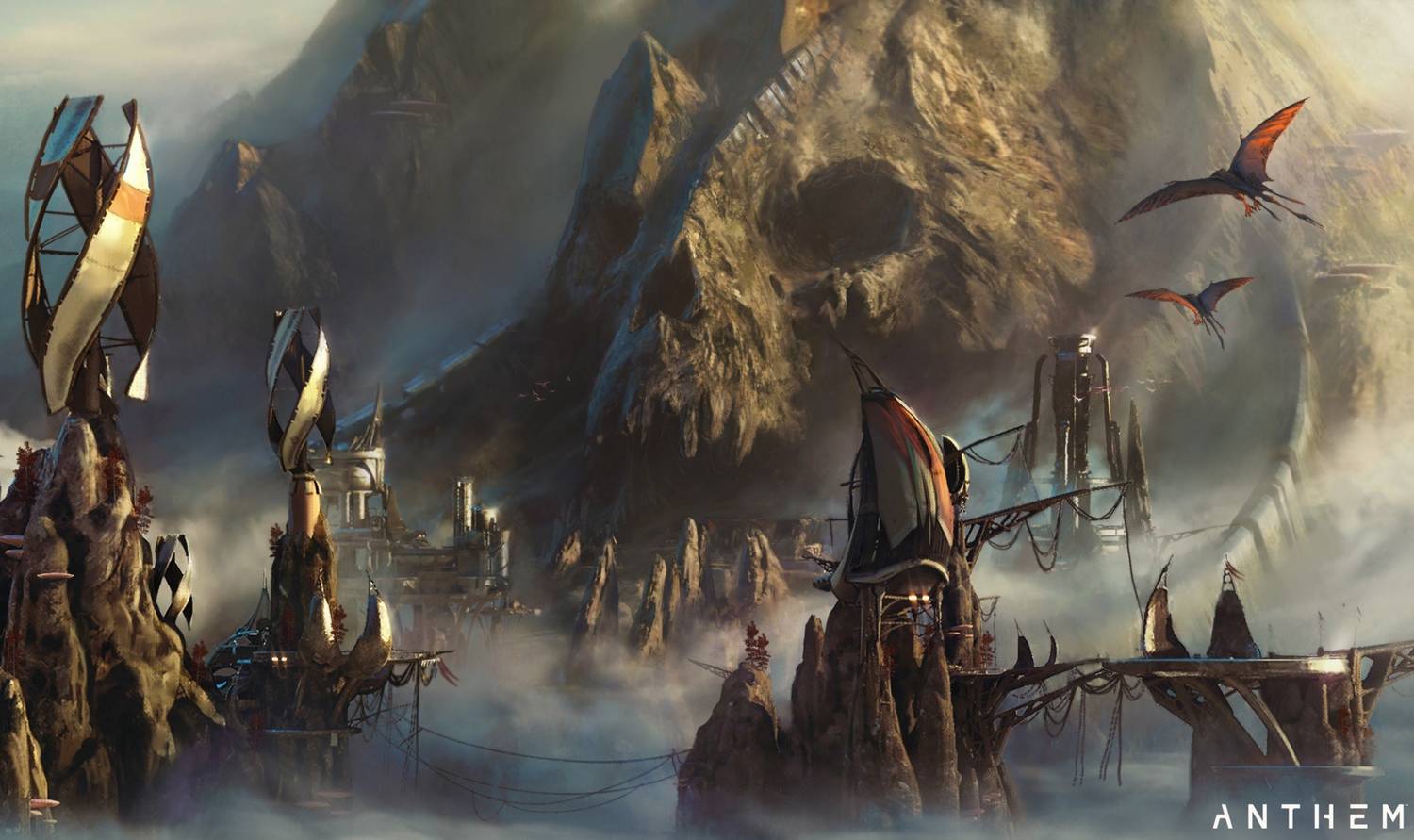Fear of “Bankrupt EA”: Former BioWare Exec Reveals a “Virtually Unfathomable” Scenario in Server Discussions
Popular Now
 Gacha Club
Gacha Club
 Stumble Guys
Stumble Guys
 CarX Street
CarX Street
 EA SPORT FC 25
EA SPORT FC 25
 Toca Boca World
Toca Boca World
 Genshin Impact
Genshin Impact
 Grand Theft Auto V
Grand Theft Auto V
 NBA 2K24
NBA 2K24
 Valorant
Valorant
 Among Us
Among Us 
In the complex world of video game development, studios are often forced to make difficult decisions that balance creative vision with financial reality. Now, a former executive at BioWare has shed light on one of those moments, revealing that the studio’s team had to consider the “virtually unfathomable” situation of a “bankrupt EA” when making decisions about the servers for Mass Effect: Andromeda. The surprising admission highlights a stark contrast between the public perception of Electronic Arts, a company with billions in annual revenue, and the kind of “what if” scenarios that developers must prepare for, even when a company’s financial health seems secure.
 The “Unlikely” Scenario and “Anthem”
The “Unlikely” Scenario and “Anthem”
The comment came from Aaryn Flynn, a former General Manager at BioWare, who was reflecting on his time at the studio and the business decisions that had to be made. According to Flynn, when developers were weighing the cost of keeping servers running for games like Mass Effect 3 and Mass Effect: Andromeda, they had to “optimize for an unlikely or virtually unfathomable situation” where the publishing parent company, EA, could go “bankrupt.” The statement is particularly striking given that EA’s most recent financial reports show that the company is far from any kind of financial distress, with billions in revenue and a strong portfolio of live-service games.
The core of the discussion centered on the “Mass Effect Points” microtransactions for Andromeda, a system that allowed players to purchase in-game currency for the game’s multiplayer mode. The costs associated with running and maintaining the servers for these games, while not astronomical, are a real expense that has to be justified. For a game like Mass Effect 3, with its dedicated fan base and a multiplayer mode that has remained popular for over a decade, the decision to keep the servers running was an easy one. But for a game like Mass Effect: Andromeda, which had a more mixed reception, the decision was much harder.
- The “Anthem” Precedent: The comment is especially relevant in the wake of EA and BioWare’s decision to finally sunset the servers for their failed live-service game, Anthem. The game’s servers will officially be shut down on January 12, 2026, a clear sign that even a multi-billion dollar company has to make tough decisions about which games are financially viable to support in the long term.
- The “Legacy of Server Shutdowns”: The decision to shut down the servers for a game like Anthem is a difficult one for both the developer and the players. It marks the end of a game’s life and, in a case like Anthem, renders the game unplayable, as it was designed to be an online-only experience. This is a powerful reminder of the ephemeral nature of live-service games and the risks that players take when they invest in them.
- The “Optimization” Fallacy: Flynn’s comment about “optimizing” for an “unfathomable situation” is a powerful look into the mindset of a company that is constantly weighing risk and reward. While the idea of a bankrupt EA may seem absurd, for a company with a long history of shutting down studios and projects, it’s a very real concern that has to be addressed, no matter how remote the possibility.
 The Perilous Nature of “Live-Service”
The Perilous Nature of “Live-Service”
The business of live-service games is a precarious one. While the potential for long-term revenue is enormous, the costs of maintaining servers, developing new content, and supporting a game for years on end are also significant. For a company like EA, which has a number of these games in its portfolio, the decisions about which games to support and which to abandon are a constant challenge. The comment from the former BioWare executive is a powerful reminder that even the biggest and most successful companies are not immune to these concerns. The high CPC keywords for these discussions, such as “EA financial health,” “BioWare Mass Effect Andromeda servers,” “Anthem server shutdown,” and “live-service game costs,” all point to a passionate and ongoing conversation about the future of a genre that is, for so many, a high-risk, high-reward proposition.








 The “Unlikely” Scenario and “Anthem”
The “Unlikely” Scenario and “Anthem” The Perilous Nature of “Live-Service”
The Perilous Nature of “Live-Service”